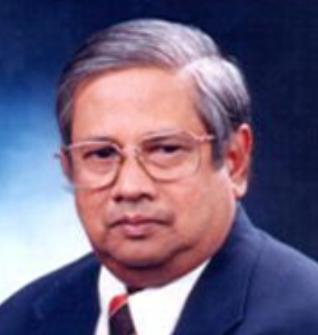
Prof. C.R. Mukundan
Axxonet Brain Research Laboratory
Chairman
Prof. C.R. Mukundan
Prof. C.R. Mukundan, Ph.D., D.M. & S.P. is presently a Chairman at Axxonet Brain Research Laboratory, Axxonet System Technology, Bengaluru. He is a Neuropsychologist who has worked in the clinical and forensic disciplines. He was a faculty in the Department of Clinical Psychology of the National Institute of Mental Health & Neuro Sciences (NIMHANS), Bangalore, from 1974 to 2003. He functioned as Professor Emeritus in the Institute of Behavioral Science, GFSU, Gujarat, for more than three years from 2013. He set up the Clinical Neuropsychology Services at NIMHANS in the mid-1970. And later set up a Neuropsychological Laboratory for cognitive electrophysiological experiments at NIMHANS. He has worked on several funded research projects and published essentially in the clinical neurocognitive area, including the first research papers from India on computer quantified time-frequency domain analyses of EEG. He was chief/joint research supervisor for about 70 doctoral and other research projects in clinical and experimental Neuropsychology for students in Clinical Psychology, Psychiatry, Neurology, Neurosurgery, and Engineering. He designed a 24 channels EEG system and assembled it in late 1970 at NIMHANS, which was used in several research projects. He designed a cognitive retraining program (Brain Function Therapy) for brain-damaged patients and for children with learning disabilities and got a computer program developed for its use. His cognitive electrophysiological work on remembrance of autobiographical information was developed into a forensic tool, which has been named Brain Electrical Oscillations Signature (BEOS) profiling, and it has been successfully used as an aid for forensic formulations and investigations in hundreds of cases. Based on neuropsychological principles of brain functioning, he developed a computerized ‘Neurobehavioral Controls and Potentiality Measurement’ test and other behavioural measures for use in corporate organizations. He started his efforts to study emotion in the past 5 years, mainly to know the role of emotional arousal in the neurogenesis of actions, for understanding the genesis of violent acts. “Emotion – The Driving Force” is his fourth book. The diversities of experiential and experimental approaches in understanding the cognitive modulation of emotions and issues related to sensory-motor contacts are discussed in the book.